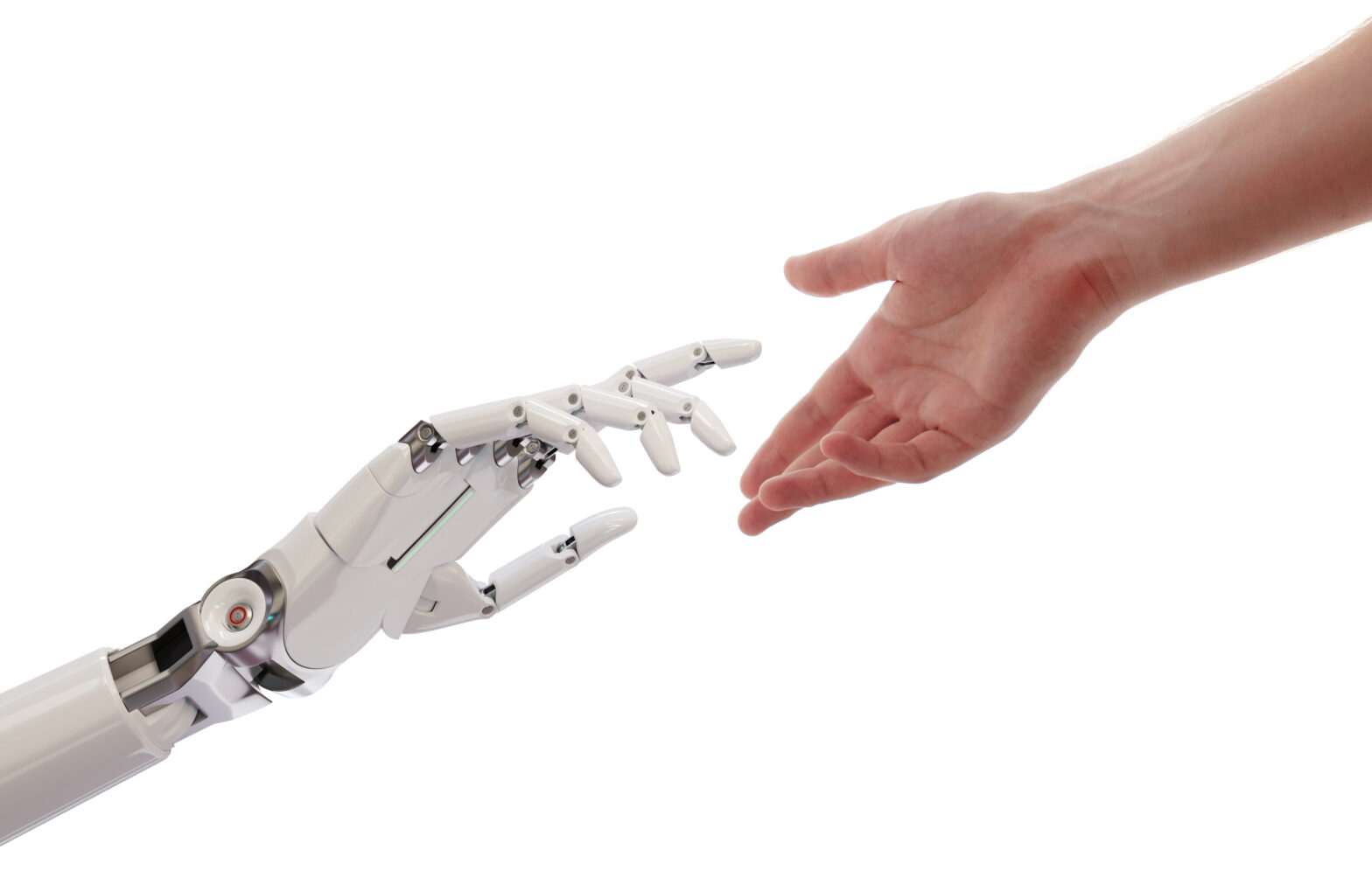Robotics and AI in the workplace is a concept that can trigger fear or optimism, depending on your social outlook, for the future workforce. While many people are counting down the days until we can relax in our automated cars and have our lives run by a smart Alexa or Siri, others worry that convenience may mean that technology will force them out of a job.
A 2016 OpenText survey of 2,000 UK based respondents offers a snapshot of the UK public’s view on whether or not they believe – or fear – that machine learning or robot technology could replace their jobs.
A significant number of Brits (42 per cent) believe their job could be replaced by a robot by 2066
A quarter (25 per cent) think this could happen within the next ten years
One in ten 25-34 year olds believe their role could be replaced by a robot as soon as 2018
The younger generation of workers find it a more worrying prospect – one in five (19 per cent) 18-24 year olds say they sometimes or frequently worry about the prospect of their jobs could be replaced by robot technology, compared to nearly three quarters (73 per cent) of 45-54 year olds that never worry about it.
The current malaise over robotics in the workforce can be explained by the rapid way in which technology has pervaded our lives, making everything seem cheaper and quicker than it used to be.
But should you really be worried?
Mark Barrenechea, CEO at OpenText, says, “Many jobs will disappear through automation and others will change significantly as the enterprise becomes more automated and intelligent. Over the next few years, some of us could be answering to robo-bosses. From a productivity perspective, we spend a third of our time in the workplace collecting and processing data—AI could all but eliminate this work. Every job in every industry will be impacted by machine learning.
“We shouldn’t, however, fear this disruption. M2M communications will enable machines to process data and make decisions based on this data as we move toward more intelligent, cognitive systems. In many cases, the intelligence these systems deliver will be more accurate, immediate and safer than humanly capable.
“The upside? The opportunity to think exponentially means that the potential applications for these technologies are limitless. The economic impact of digital is vast. Businesses that use the internet tend to grow more quickly, export two times as much as those that don’t, and create more than twice as many jobs. Yet many companies are off to a poor start on the journey toward digital transformation. While organisations are taking advantage of digital technologies, many economies remain digitally immature. This means that the ability to unlock the value of digital is far from being realised.”
“For businesses, understanding cognitive systems, big data analytics, machine learning technology, and AI—and how to leverage them—will be critical for survival. In the short term, these technologies will give organisations faster access to sophisticated insights, empowering them to make better decisions and act with agility to outpace their competitors.”
“This Digital Revolution will bring an increasing reliance on self-service technology, machine-to-machine communication (M2M) and artificial intelligence. These will completely transform the workplace as menial tasks, and some non-routine jobs, are digitalised through robotics and process automation.”






